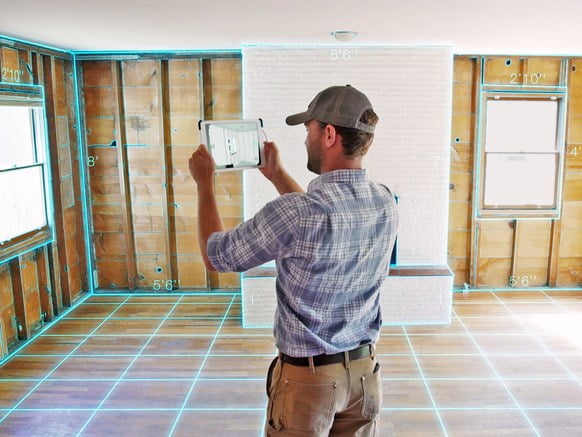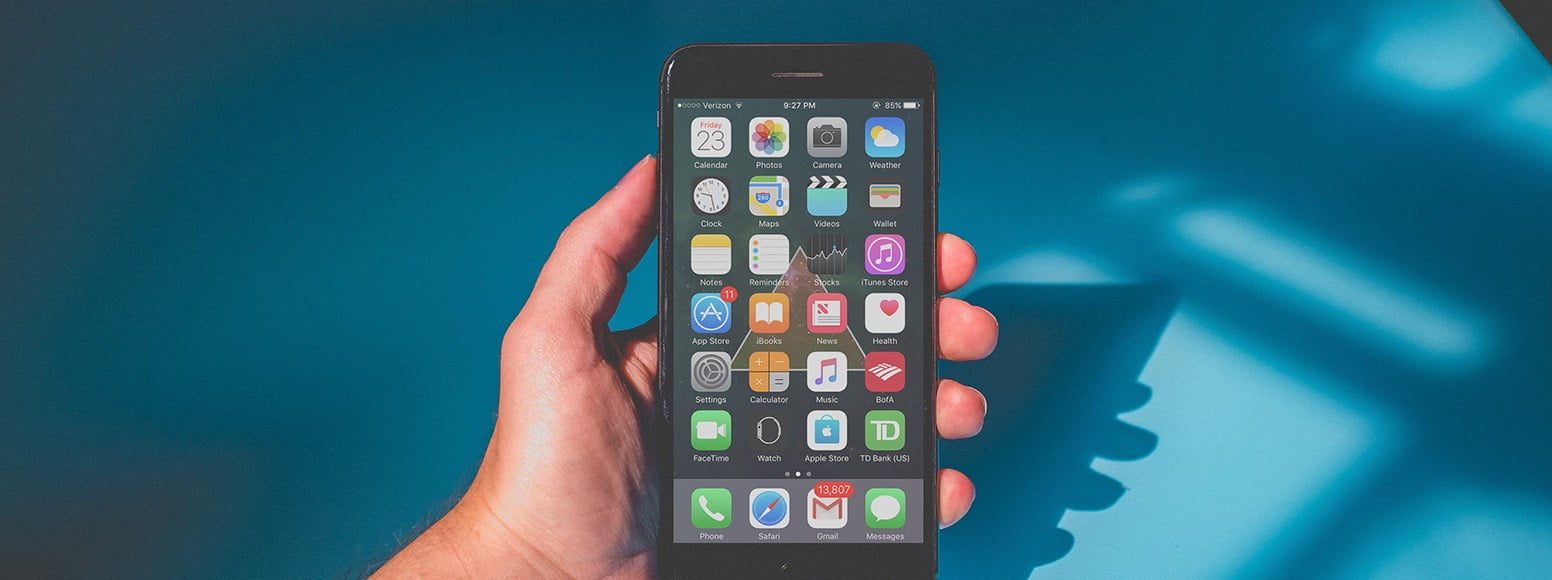When you attach Occipital’s Shape sensor to your iPad, you get a sense of what Geordi La Forge might look like if he changed into a tablet. The relatively cumbersome 3D-scanning accent, equipped with an infrared transmitter and sensor, clips onto the pinnacle of the iPad and plugs into its Lightning port. From there, you could use the $380 rig to quickly create three-D scans of something: Entire rooms, gadgets you’d want to three-D-print, and environments you’d like to turn into interactive AR backdrop with the usage of Occipital’s Bridge Engine. The Structure intensity-sensing digicam has been around for multiple years, but Occipital’s been difficult at paintings because it was making it easier to use.
 The result of that work is a new iOS app called Canvas, in which we could brush the sensor rig across a room to instantly create a raw 3-D map of it. The app guides you through a big test, covering already-scanned regions with a paint-like filter to reveal if you’ve missed a niche. While you finish taking pictures, you immediately see a raw 3D version of the scene in the app—and you can also see the distances among objects without having to apply a tape degree at all Work Reveal.
The result of that work is a new iOS app called Canvas, in which we could brush the sensor rig across a room to instantly create a raw 3-D map of it. The app guides you through a big test, covering already-scanned regions with a paint-like filter to reveal if you’ve missed a niche. While you finish taking pictures, you immediately see a raw 3D version of the scene in the app—and you can also see the distances among objects without having to apply a tape degree at all Work Reveal.
However, the hundreds of measurement structures make every 2nd get extra beneficial While you use the Canvas app’s “scan to CAD” characteristic. That part isn’t achieved on the iPad itself—you have to publish your experiment via the app for processing using a beefier laptop—but it generates a CAD file of that raw scan for difficult-core DIY and reworking projects. Due to the fact the infrared sensors at the Shape rig paint in tandem with the iPad’s foremost digital camera (Occipital recommends its elective $20 extensive-perspective attachment for the fine-great scans), the CAD conversion is a full-color rendering.
Those CAD documents take up to 48 hours to create and get emailed and returned to your account. However, the alternative is generally plenty extra expensive in phrases of time and money. Consistent with Occipital Labs co-founder Jeff Powers, scanning an eight-room home takes approximately 30 minutes with Shape, while manual measurements would run around seven hours. Contracting the paintings could cost nearly $2,000, even as Occipital prices are $29, consistent with room for the “experiment to CAD” feature.
Canvas is the primary app Occipital has constructed for its specific scanner, and the app and the Structure sensor are constructed in particular for use with the iPad. However, Powers and his team say it’s possible that in the future, the app should include paintings with something from Undertaking Tango gadgets to Microsoft’s 3-d-scanning tech.



















